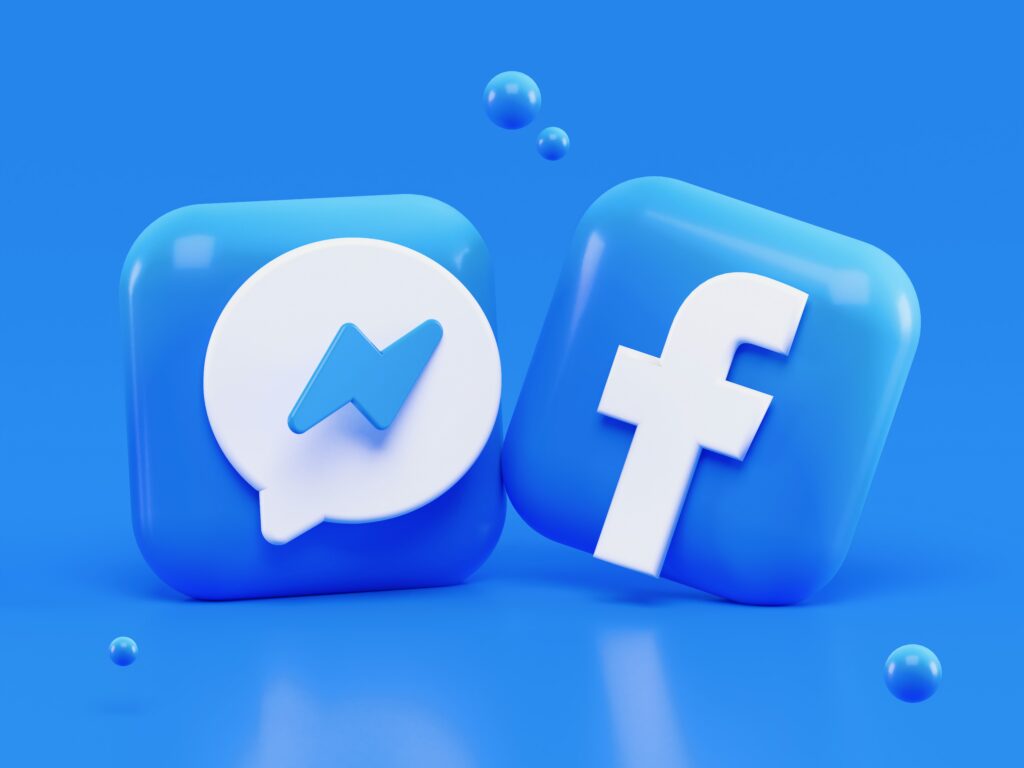After Facebook Inc. acquired Oculus in 2014, the Oculus products were step by step integrated into the Facebook ecosystem. As a first step, Facebook added an optional integration of their social network, their social games, and the feature “Facebook Video” to the “Gear VR”, a headset Samsung developed in cooperation with Oculus. In the next step, the optional Facebook integration was also added to the “Oculus Rift”, the first and at that time only product of Oculus itself. As a consequence, all Facebook friends, who connected their VR goggles with their Facebook account, were added to the list of friends in the Oculus software.

Even though the integrated Facebook services were only optional, and you could choose to sign in with an Oculus account, it was increasingly encouraged to sign in with a Facebook account instead. Additionally, from 2016 on, Oculus was marketed as “Oculus from Facebook”, illustrating how Oculus was promoted more as a brand of Facebook than an independent entity.
In August 2020, Oculus became even more closely tied to Facebook. It was announced that all users would need a Facebook account to log into the Oculus devices. That completely contradicted a statement made by one of Oculus’ founders, Palmer Luckey. He had “guaranteed” in 2014 when Oculus was acquired by Facebook Inc. that “you won’t need to log into your Facebook account every time you wanna use the Oculus Rift”. This upset a lot of users.
In detail, the announcement said that first-time users will have to register with a Facebook account because it would not be possible to create new Oculus accounts. Additionally, all future Oculus devices would require a Facebook account, regardless of whether the user already has an Oculus account.
Only existing users, who created Oculus accounts in the past and use it on their already purchased devices, could continue using their Oculus account. But even for them, the support would end in January 2023. After that, they would either need to switch to a Facebook account or they would not be able to access the full functionality of their Oculus device anymore. In fact, if users would decide to not switch to a Facebook account, it would be expected that some games and apps no longer work. That could even happen if you purchased the respective games or apps. The reason would be that in the future many features would require a Facebook account and that some developers could decide to no longer support the app or game.
As a reason for this step, Facebook lists that this would make it easier to find, connect, and play with friends in VR and to share across their platform. It would enable multiplayer and social experiences, like for example live-streaming to the Facebook timeline, joining events, and making calls with parties.
In addition, the unified Facebook privacy policy, code of conduct, and community guidelines were applied to Oculus. They replaced a separate Oculus Code of Conduct. The reason given was that this would make reporting bad behavior and holding people accountable more consistent. The move was highly criticized by users and the media.




